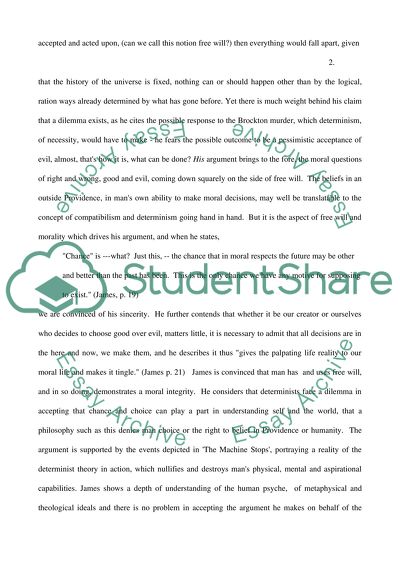Cite this document
(“Free Will and Moral Integrity Essay Example | Topics and Well Written Essays - 2000 words”, n.d.)
Free Will and Moral Integrity Essay Example | Topics and Well Written Essays - 2000 words. Retrieved from https://studentshare.org/miscellaneous/1521421-free-will-and-moral-integrity
Free Will and Moral Integrity Essay Example | Topics and Well Written Essays - 2000 words. Retrieved from https://studentshare.org/miscellaneous/1521421-free-will-and-moral-integrity
(Free Will and Moral Integrity Essay Example | Topics and Well Written Essays - 2000 Words)
Free Will and Moral Integrity Essay Example | Topics and Well Written Essays - 2000 Words. https://studentshare.org/miscellaneous/1521421-free-will-and-moral-integrity.
Free Will and Moral Integrity Essay Example | Topics and Well Written Essays - 2000 Words. https://studentshare.org/miscellaneous/1521421-free-will-and-moral-integrity.
“Free Will and Moral Integrity Essay Example | Topics and Well Written Essays - 2000 Words”, n.d. https://studentshare.org/miscellaneous/1521421-free-will-and-moral-integrity.


